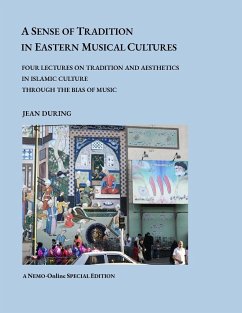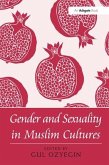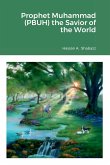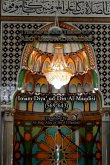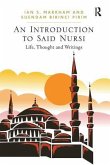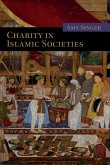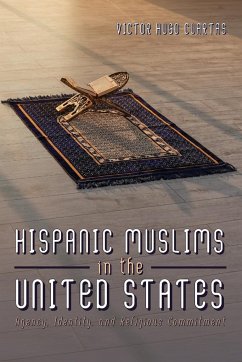The word 'tradition' is so common that its meaning seems self-evident. Without a precise definition and without considering the relevance of its use, it may refer to any practice, custom, or habit in any given culture. Irrespective of its content or its object, Tradition is an ideal representation as well as a real process of transmission. It must be dynamic and dialectic in order to incorporate the possibility of continuous transformation. In that sense, Tradition is always present and always modern, while conversely, modernity quickly becomes old. What then distinguishes Tradition from modernity? These general questions and paradoxes of Tradition are broached here in the context of the history of Iranian culture with a focus on music which holds a privileged place as a phenomenon of transmission and reception of knowledge, values and meaning. In four lectures given at Dartmouth College in 1994, the author explores the question of the traditionality of tradition, as well as its foundations in Islamic culture, especially in the arts and music. As a supplement, the author presents an exceptional 'case study' which illustrates his model of the tradition in a very concrete way through the testimony of an important transmitter of the Persian vocal art.
Hinweis: Dieser Artikel kann nur an eine deutsche Lieferadresse ausgeliefert werden.
Hinweis: Dieser Artikel kann nur an eine deutsche Lieferadresse ausgeliefert werden.

